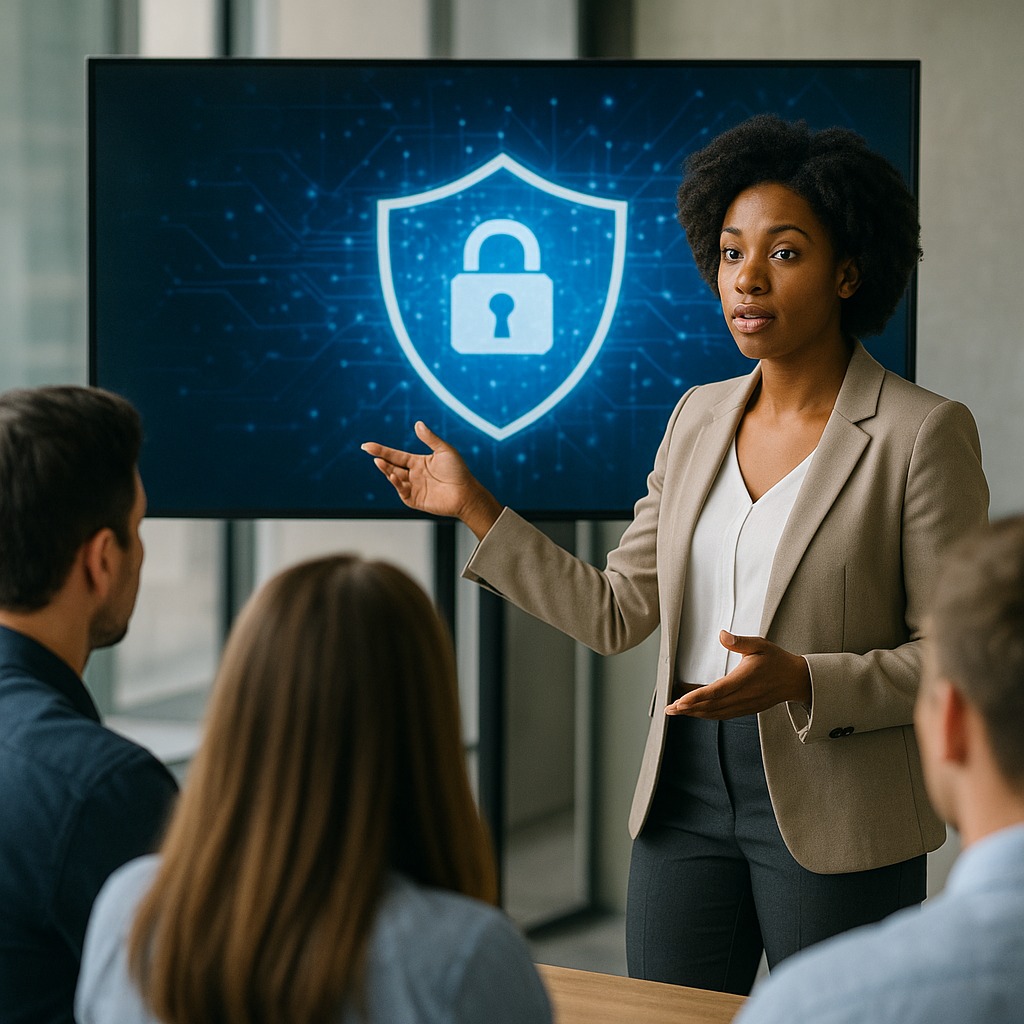Using a Virtual Private Network (VPN) has become an essential practice for anyone looking to enhance their online security and privacy. VPNs provide a secure tunnel for your internet traffic, encrypting your data and masking your IP address. This article will explore the various aspects of using VPNs for secure internet browsing, including their benefits, how to choose the right VPN, and best practices for maximizing your online safety.
Understanding VPNs and Their Benefits
A VPN, or Virtual Private Network, is a technology that creates a secure connection over a less secure network, such as the Internet. By routing your internet connection through a VPN server, your data is encrypted, making it difficult for hackers, ISPs, or even government agencies to monitor your online activities. Here are some key benefits of using a VPN:
- Enhanced Security: VPNs encrypt your internet traffic, protecting sensitive information such as passwords, credit card numbers, and personal data from cybercriminals.
- Privacy Protection: By masking your IP address, VPNs help maintain your anonymity online, making it harder for websites and advertisers to track your browsing habits.
- Access to Restricted Content: VPNs allow users to bypass geo-restrictions, enabling access to content that may be blocked in certain regions, such as streaming services or websites.
- Safe Public Wi-Fi Usage: Public Wi-Fi networks are often unsecured, making them a prime target for hackers. A VPN provides an additional layer of security when using these networks.
Choosing the Right VPN
With numerous VPN providers available, selecting the right one can be overwhelming. Here are some factors to consider when choosing a VPN:
1. Security Features
Look for a VPN that offers strong encryption protocols, such as OpenVPN or IKEv2, and features like a kill switch, which disconnects your internet if the VPN connection drops, preventing data leaks.
2. No-Logs Policy
Choose a VPN that has a strict no-logs policy, meaning they do not store any information about your online activities. This is crucial for maintaining your privacy.
3. Speed and Performance
VPNs can sometimes slow down your internet connection. Look for providers that offer high-speed servers and have a reputation for maintaining good performance.
4. Server Locations
The more server locations a VPN has, the better your chances of finding a fast and reliable connection. This is especially important for accessing geo-restricted content.
5. Customer Support
Reliable customer support is essential, especially if you encounter issues while using the VPN. Look for providers that offer 24/7 support through various channels.
Best Practices for Using a VPN
Once you have chosen a VPN, it is important to use it effectively to ensure maximum security and privacy. Here are some best practices:
1. Always Connect to the VPN
Make it a habit to connect to your VPN whenever you go online, especially when using public Wi-Fi networks. This ensures that your data is always encrypted.
2. Use Strong Passwords
Even with a VPN, using strong, unique passwords for your online accounts is crucial. Consider using a password manager to help you manage your passwords securely.
3. Enable Kill Switch
If your VPN offers a kill switch feature, make sure it is enabled. This will protect your data in case the VPN connection drops unexpectedly.
4. Regularly Update Your VPN Software
Keep your VPN application up to date to benefit from the latest security features and improvements. Regular updates help protect against vulnerabilities.
5. Be Aware of Phishing Attempts
Even with a VPN, you are not immune to phishing attacks. Always verify the authenticity of emails and links before clicking on them.
Conclusion
Using a VPN is a powerful way to enhance your online security and privacy. By understanding the benefits of VPNs, choosing the right provider, and following best practices, you can significantly reduce the risks associated with internet browsing. As cyber threats continue to evolve, staying informed and proactive about your online safety is more important than ever.




